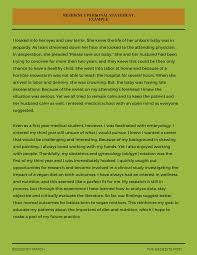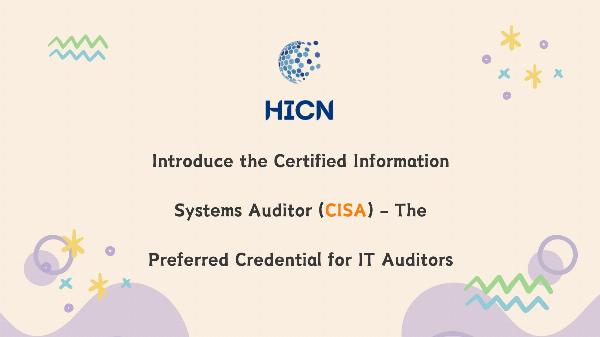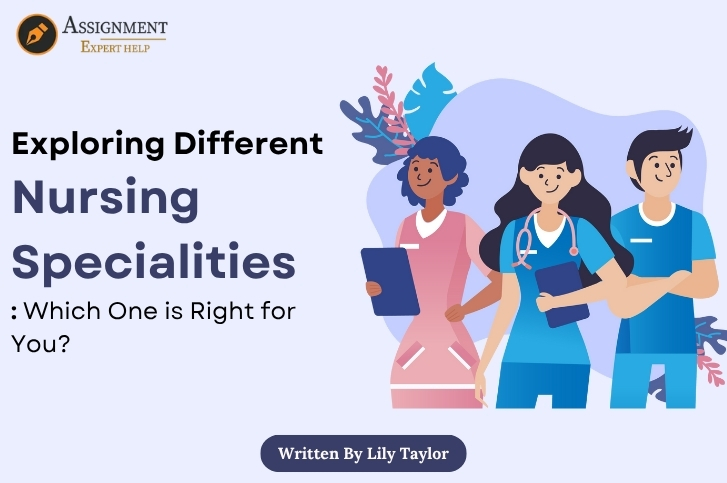Residency Personal Statement: Your Key to Success

Strong 8k brings an ultra-HD IPTV experience to your living room and your pocket.
Sometimes one of the most intimidating tasks for medical school graduates is writing a compelling residency personal statement. This document has the power to get you accepted to the residency programme of your dreams or not. It is more than just an outline of accomplishments. It is a story, detailing your journey, your motivations and why you are a good fit. Here’s what you need to know about writing a stellar residency personal statement.
Understanding the Residency Personal Statement
What is a Residency Personal Statement?
A residency personal statement is an essay that goes along with your residency application. It serves as an autobiographical experience that demonstrates why you want to select a certain specialty, as well as what you can offer to the residency program. It’s your chance to narrate your story that highlights your passion and commitment for a certain profession while also explaining what makes you qualified.
Importance of a Residency Personal Statement
The most important is your residency personal statement. Grades and test scores are important, of course, but you would be indistinguishable from other applicants if you relied purely on your academic prowess. The statement adds the human dimension to your application that is so important, allowing the residency programme director to differentiate you from every other applicant out there. You want to make a memorable impression. You want to stand out and be remembered.
Getting Started: Preparation and Planning
Self-Reflection: Knowing Yourself
It might be worth taking a moment before you write to reflect on what led you to the specialty you chose, what led you from that early idea to your current position and what possible future endeavours might spark your interest. Defining yourself as much as possible will strengthen your narrative.
Researching Programs and Institutions
Every residency programme has its own culture and values, and learning as much as you can about the programmes you are applying to will help you tailor your personal statement towards each one, and demonstrate that you’ve done your work to learn about that particular program. Referring to specific aspects of a programme that fit your goals is a bonus.
Structuring Your Residency Personal Statement
Crafting a Compelling Introduction
1. Hook your reader. Your intro is the first opportunity to engage them. Begin with a hook – an anecdote, quote or angle that’s related to your medical journey but will be interesting to a general reader. Make them want to keep going.
Introducing yourself and your goals: After captivating the reader’s attention, state who you are and what you want, i.e. the focus and content of your residency. Why did you choose your specialty? How will this rotation (or residency) or this job/teaching position help you to reach that goal, but this one more than the others? Specificity is essential.
Developing the Body: Showcasing Your Journey
In the body of your personal statement, elaborate on the experiences that made you a good candidate for residency. This includes clinical experiences, research projects, leadership positions, unique skills or characteristics that might be relevant, and anything else that you feel is pertinent and stands out. Use specific examples to describe how your experiences have led you to apply for a residency in your specialty.
Describing Key Experiences: Discuss experiences that are most meaningful to your chosen specialty as well as your readiness for residency training. How have you challenged yourself and overcome obstacles? Demonstrate your growth as a future physician through these experiences.
Demonstrating to them who you are Skills: describe your skills (teamwork, communication, etc) and your ability to empathise.Be specific about what they are and how you’ll use them to help your patients and colleagues – and your partners in residency and on your medical team – throughout your career.
Highlighting any Pitfalls: If there are any applications holes or shortcomings – a less-than-impressive GPA or unconventional career gap – use your personal statement to discuss this in an honest, and positive way. Why did these challenges arise, what have you learned from them, and how have you grown as a person as a result?
Writing a Memorable Conclusion
Supercharging your Passion and Fit: End your Host Application with yet another recitation of your Passion and Fit (see our long post here) and concisely summarise your bullet points here so that you leave the reader with a robust portrait of why you will be a strong addition to their residency programme.
A Positive Ending: Keep your personal statement upbeat and upbeat. Close on a positive note, demonstrating your enthusiasm for contributing to the programme and your enthusiasm for your future career in medicine.
Tips for Writing an Outstanding Personal Statement
Be Authentic and Honest
Authenticity is valued by admissions committees. The most effective statements will be built on sincerity, in which the writer shares honestly the motivations and aspirations behind their experience. Never overstate or exaggerate, as admissions committees have a knack for sniffing out insincerity from a mile away.
Keep it Clear and Concise
Residency applicants generally have only one to two pages to write their personal statements. For that reason, if you want to share more details, keep your words clean and crisp. The best way to achieve this is to edit your writing until readers can understand your purpose with ultimate clarity. This means cutting out unnecessary jargon or technical language from your writing.
Proofread and Edit Thoroughly
After you’ve written your personal statement, take the time to proofread it one last time for writing and spelling mistakes, knowing that there will at least be one or two. If possible, seek out the feedback of trusted advisors or mentors. A well-written, properly spelled and proofread statement will send, alongside your other qualifications, a strong signal about your attention to detail and professionalism.
Common Mistakes to Avoid
Being Too Generic or Vague
Avoid being vague in a way that could hold true for any applicant. Be as specific as you can about your experiences, goals, and rationale for choosing a specialty residency.
Overusing Clichés and Jargon
Empty phrases and clinical language may make your personal statement feel depersonalised and clichéd, so don’t be afraid to write in plain, clear human terms that reflect your unique voice and experience. 2. Put the information on the page When writing, I can write and rewrite and write and rewrite. However, there will come a point at which you need to suspend your need to edit for a few moments and put the information on to the page. But how do you know when that point comes? It is simple: keep writing until the computer gives you Room Full and force yourself to stop until what is on the page feels fulfilled. Give yourself a set period of time in which to write – 30 minutes, one hour, a whole morning or day – and stay with the writing until the endpoint. That way, you avoid editing too much and losing yourself in the process. Throughout this process, use feelers; become a literary detective and find clues in your strong emotions. Once you have a first draft, you are ready to go back and edit.
Ignoring the Instructions or Guidelines
Whatever the details are, follow them precisely; for every residency programme, this will be part of the application. If you mess up, it might reflect poorly on your attention to detail and ability to follow directions.
FAQs
How long is my residency personal statement supposed to be? Your personal statement should be one to two pages (500–800 words), depending upon the specifications of the program.
What should I include in the personal statement?
Describe your motivations for this specialty, relevant experiences, personal qualities, and what you’ll contribute to the residency programme.
Do I name a faculty member or describe their research/program?
Yes. Especially if the faculty member’s scholarship/research is well-known, has a personal connection to you, is a good fit for your scholarly interests, or one of the highlights of the programme.
What will be the best way to approach a weakness, should one exist in my application?
Portray a weakness in the best light possible, honestly and positively. Explain what you’ve learned from this life challenge and the steps you’ve taken to improve or overcome it.
Can I use humour or personal anecdotes in my personal statement?
A little personal flair or ‘colour’ can make your statement stick out, but keep humour or anecdotes professional and relevant in the context of a residency application.
Note: IndiBlogHub features both user-submitted and editorial content. We do not verify third-party contributions. Read our Disclaimer and Privacy Policyfor details.







